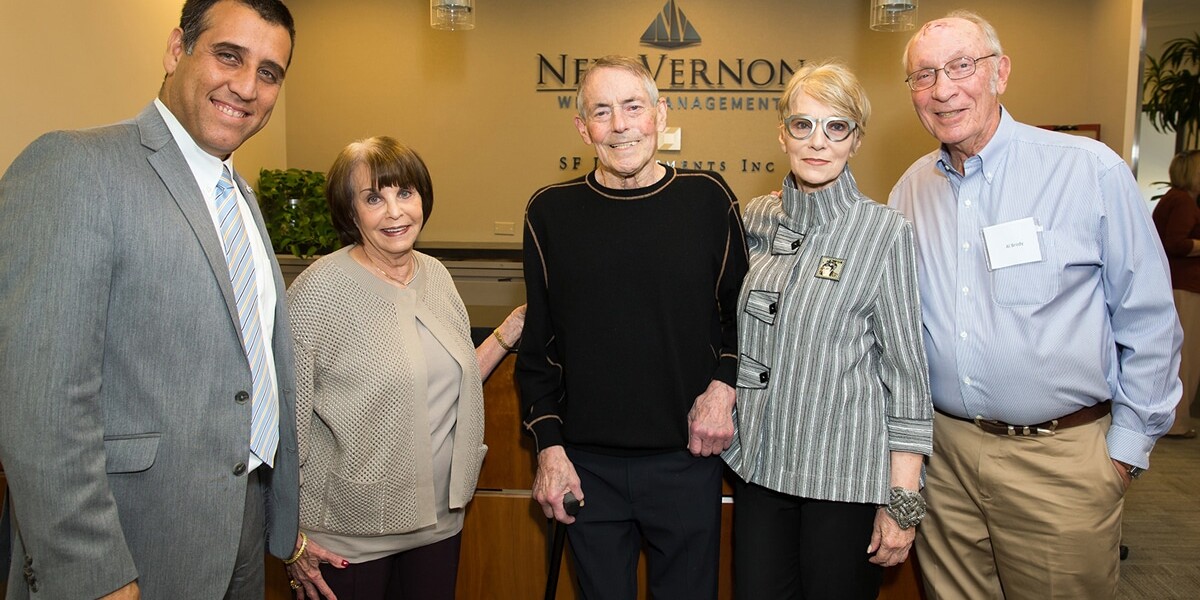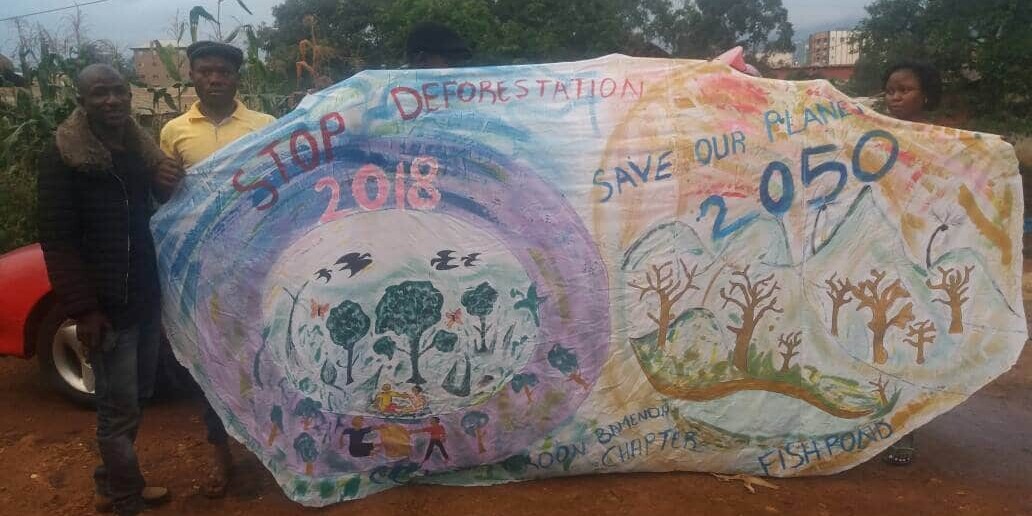The Goldin Institute was excited to expand the Digital Storytelling Project by conducting an intensive week-long workshop in Port au Prince, Haiti in August 2011. In this workshop, Goldin Institute associates teamed with Professor Lisa Dush from DePaul University and her graduate assistant Heather Eidson to train seven local women in Port au Prince to complete their own stories from start to finish and share them with their peers on the final day of the workshop.
A consortium of women’s groups in Haiti each selected participants for the workshop who were examples of courageous and thoughtful grassroots leaders tackling gender-based violence issues in Port au Prince. The stories were as unique as each individual participant but shared common themes of strength, perservarance and commitment.
The workshop followed the same principles as those taught at Chicago’s DePaul University by Professor Dush. Three primary goals were met during the week in Haiti:
- To teach the participants how to draft, storyboard, write and produce their own digital story using their photographs and recorded voice.
- To bring together like-minded women who share an active voice in organizing against gender-based violence in and around the temporary camps that arose in post earthquake Haiti.
- To familiarize the participants with the basic computer hardware and software used during the workshop so that they could in turn teach the method to others or create new stories of their own.

Thanks to the generousity of many donors, the Institute was able to leave behind the equipment to produce future digital stories. The equipment included a computer preloaded with the software needed to produce a completed digital story, along with several cameras, a compact digital scanner and the recording equipment to supply the audio tracks for newly created stories.
Workshop attendees expressed an interest in sharing their new experiences and skills with others who might benefit from digital storytelling. We are confident that through our ongoing partnership with the women’s groups, our colleagues now have a powerful tool for educating and raising awareness to the issue of gender-based violence.
[quote]The Goldin Institute team showed us how to construct a personal story with photographs–a work that we would not have been able to do without GI. I can say that the week will remain etched in my mind because I felt I learned many things and I am ready to go on to teach other women how to construct their own personal stories … thank you very much for this work.”[/quote]
– Workshop participant Getchine Lima
A special thank you to our partners at KOFAVIV and the IJDH/BAI, whose partnership made the week successful and meaningful. We continue to work with both organizations on the RAPP Project. The Goldin Institute Global Associate based in Port au Prince, Rose Getchine Lima was a participant in the workshop as well and her digital story will become part of her biography and posted at our website.
We were pleased to have a Chicago-based documetarian, Renato Velarde accompany us on the trip. Renato has started post-production work on the hours of footage he filmed of interviews with many of our associates involved with the ongoing security project (RAPP), as well as those working tirelessly behind the scenes at our partner organization KOFAVIV. Renato also filmed a brief overview of the women’s workshop during this time – please continue to visit our site for updates and clips to view of Velarde’s work.
We owe a great amount of gratitude to those who supported this project from its planning stages to its successful launch. Together we can continue to make a difference to those still jeopardized by the violence that plagues the makeshift communities that were meant to only be temporary shelters to women and their children. To find out more about how you can become further involved, please follow this link.
[slide] [img path=”images/lisa_juliette.jpg”]Professor Lisa Dush (standing left) gives overview of digital storytelling to participants through a translator.[/img] [img path=”images/writing_drafts.jpg”]Participants begin work on writing their individual stories or ‘scripts’ on the first day of the digistory workshop.[/img] [img path=”images/workingjoemike.jpg”]Goldin Institute associates Joseph Genslak, Gia Biagi and Michael Di Maria offer instruction to workshop participants.[/img] [img path=”images/lisa_standing.jpg”]Program Coordinator Lisa Dush checks in on the progress of workshop attendee.[/img] [img path=”images/trav_lisa.jpg”]GI Executive Director Travis Rejman and Professor Dush listen to participant feedback, along with translator.[/img] [img path=”images/audiorecording.jpg”]Digital story ‘rough cuts’ come together with audio tracks being checked for alignment with pictures.[/img] [img path=”images/mikejoegia.jpg”]The team from GI and four of the Haitian participants pose for a photo sometime early in the workshop.[/img] [img path=”images/joe_olguine.jpg”]GI Associate Joseph Genslak reviews a story in progress.[/img] [img path=”images/ren_adjusting.jpg”]Filmmaker Renato Valerde checks the frame of his shot while documenting the workshop proceedings.[/img] [img path=”images/renwithgetchine.jpg”]Renato and Travis (far right) interview participant Getchine about her work in curbing gender-based violence.[/img] [img path=”images/kids_kofaviv.jpg”]Young women pose for a picture outside the KOFAVIV facilities.[/img] [img path=”images/groupfeedback.jpg”]Back at the workshop, comments are exchanged about the value of participating in the digital storytelling workshop.[/img] [img path=”images/postcelebration.jpg”]A post-production celebration is shared amongst participants and instructors on the last day of review.[/img] [/slide]



